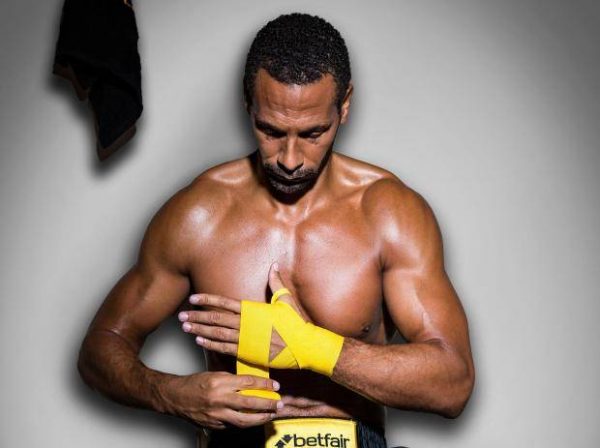
Boxing at a professional level is not for the faint of heart. It takes years of dedication to reach the peak of your potential and there is no knowing whether this will be good enough to become a British or Commonwealth champion, or feature on the world stage.
In most cases, boxing is a healthy outlet for fitness and goal setting. Most boxers practice in their free time after working a regular job, with fight purses from successful matchups paying for the costs associated with the profession (fees, training, apparel, and boxing gear).
It’s possible to participate in amateur fights before applying to become a licensed professional British boxer. Let’s look a little closer at the process from amateur to pro boxer.
Learning the Ropes
Most boxers have some training and then when their trainers feel they are ready, they start their amateur boxing career. The idea at the amateur stage is to develop boxing skills and get experience with similar fighters who are literally “learning the ropes”.
The British Boxing Board of Control that license professional boxing look for applicants to have completed a reasonable number of amateur fights. These are verified for authenticity too. When applicants try to get a professional boxer’s licence without a reasonable amateur boxing career already, they’re often turned down until they have the requisite experience. There are exceptions to this rule, like Matt Skelton who went on to take several championship belts, but this is highly unusual.
Obtaining a Professional License with Limited Experience
The Board looks at each boxing application on its merits. Applicants must have a manager assigned through an agreement with one that has a licence to practice. A licenced trainer or second is also necessary for any successful application too.
Training outside of officially approved trainers or being managed by someone that’s not currently licensed by the Board simply won’t work. The rules must be followed, or an amateur boxer will never become a professional one able to accept pro-level boxing matches in Great Britain.
The recent case of Rio Ferdinand, a former Manchester United player who retired from football in 2015 and went on to begin training based on an agreement for Betfair, is a case in point. The board were unimpressed by the application and refused to look at it further at this time. The former footballer clearly needed either more training or amateur matches sufficient to impress the board ahead of making a follow-up application for a professional licence.
Basic Requirements for a Professional License
As a formality, when applying with the completed application form, it’s necessary to provide the amateur boxing record card, the contract between themselves and their manager, either a passport or birth certification, four colour passport photos, and the licence fee. This is sent to the Head Office of the British Boxing Board of Control.
Having passed the preliminary stage, including an interview, applicants will be asked to supply details about a recent medical exam, along with optician’s report, an HIV test result, MRA/MRI scan of the brain, a blood test for Hepatitis C, a surface antigen test for Hepatitis B, and proof that vaccinations for protection against Hepatitis B have been started.
Only approved boxers who receive a professional British boxing license can take professional boxing matches in Great Britain that are regulated by the British Boxing Board of Control. On some occasions professional boxing matches in Great Britain are regulated by other governing bodies but this is very rare. The fight between David Haye and Dereck Chisora in 2002, was regulated by the Luxembourg Boxing Federation as neither boxer has a British Boxing License. The fight took place in London. Also, white collar boxing fights and unlicensed boxing fights all legally can take place in the UK and be organised for profit. They are however “unlicensed” as the boxers do not have a license with the British Boxing Board of Control. Boxers who follow the correct path are reasonably likely to get approval when they apply at an appropriate juncture in their boxing career.